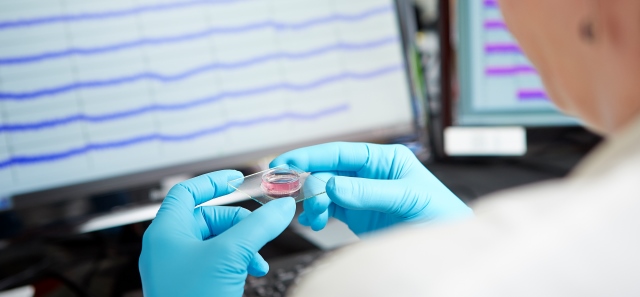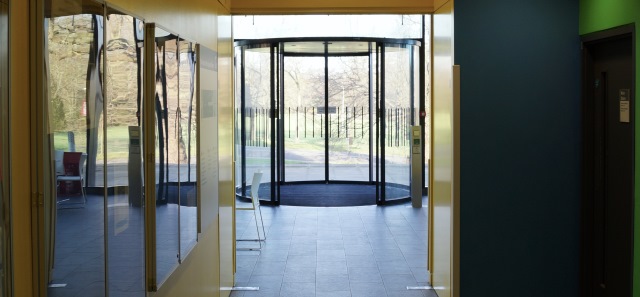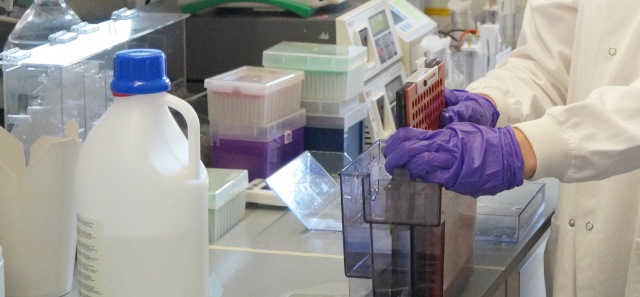Improving human health
Our research focuses on understanding and improving human health, with a particular emphasis on pharmaceutical chemistry, pharmacology and improving pharmacy practice.
We cover a broad range of research interests from heart disease, epilepsy and dementia to developing new compounds to treat cancer. We also work with patients and pharmacists to improve dementia patients' experience of drugs.
We have strong links with industry, including pharmaceutical companies such as GW Pharmaceuticals and Ludger Ltd, and an outward-looking network of scientific collaborations spanning the globe (USA, Japan, Italy, Germany, Brazil, and Kazakhstan).
Our academics also work closely with several large facilities, including the Diamond Light Source, the ISIS Neutron Source and the Central Laser Facility at the Rutherford Appleton Laboratory in Oxfordshire.









